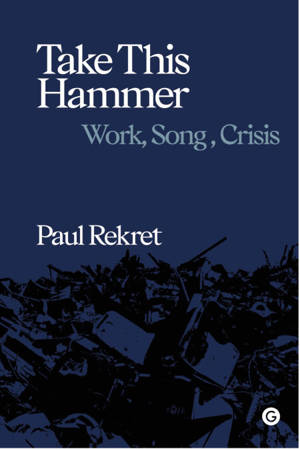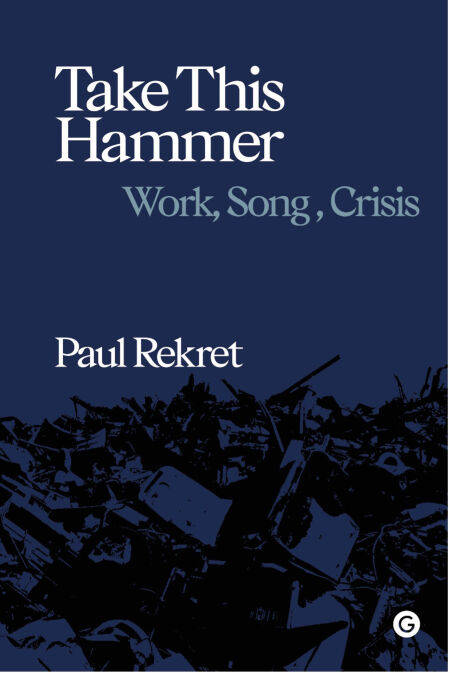
- Retrait gratuit dans votre magasin Club
- 7.000.000 titres dans notre catalogue
- Payer en toute sécurité
- Toujours un magasin près de chez vous
- Retrait gratuit dans votre magasin Club
- 7.000.0000 titres dans notre catalogue
- Payer en toute sécurité
- Toujours un magasin près de chez vous
Description
A study of contemporary music in light of transformations to work and social life.
The emergence of the popular music industry in the early twentieth century not only drove a wedge between music production and consumption, it also underscored a wider separation of labor from leisure and of the workplace from the domestic sphere. These were changes characteristic of an industrial society where pleasure was to be sought outside of work, but these categories have grown increasingly porous today. As the working day extends into the home or becomes indistinguishable from leisure time, so the role and meaning of music in everyday life changes too. In arguing that the experience of popular music is partly conditioned by its segregation from work and its restriction to the time and space of leisure—the evening, the weekend, the dancehall—Take This Hammer shows how changes to work as it grows increasingly precarious, part-time, and temporary in recent decades, are related to transformations in popular music.
Connecting contemporary changes in work and the economy to tendencies in popular music, Take This Hammer shows how song-form has both reflected developments in contemporary capitalism while also intimating a horizon beyond it. From online streaming and the extension of the working day to gentrification, unemployment and the emergence of trap rap, from ecological crisis and field recording to automation and trends in dance music, by exploring the intersections of work and song in the current era, not only do we gain a new understanding of contemporary musical culture, we also see how music might gesture towards a horizon beyond the alienating experience of work in capitalism itself.
The emergence of the popular music industry in the early twentieth century not only drove a wedge between music production and consumption, it also underscored a wider separation of labor from leisure and of the workplace from the domestic sphere. These were changes characteristic of an industrial society where pleasure was to be sought outside of work, but these categories have grown increasingly porous today. As the working day extends into the home or becomes indistinguishable from leisure time, so the role and meaning of music in everyday life changes too. In arguing that the experience of popular music is partly conditioned by its segregation from work and its restriction to the time and space of leisure—the evening, the weekend, the dancehall—Take This Hammer shows how changes to work as it grows increasingly precarious, part-time, and temporary in recent decades, are related to transformations in popular music.
Connecting contemporary changes in work and the economy to tendencies in popular music, Take This Hammer shows how song-form has both reflected developments in contemporary capitalism while also intimating a horizon beyond it. From online streaming and the extension of the working day to gentrification, unemployment and the emergence of trap rap, from ecological crisis and field recording to automation and trends in dance music, by exploring the intersections of work and song in the current era, not only do we gain a new understanding of contemporary musical culture, we also see how music might gesture towards a horizon beyond the alienating experience of work in capitalism itself.
Spécifications
Parties prenantes
- Auteur(s) :
- Editeur:
Contenu
- Nombre de pages :
- 200
- Langue:
- Anglais
- Collection :
Caractéristiques
- EAN:
- 9781913380151
- Date de parution :
- 26-08-24
- Format:
- Ebook
- Protection digitale:
- Adobe DRM
- Format numérique:
- ePub

Les avis
Nous publions uniquement les avis qui respectent les conditions requises. Consultez nos conditions pour les avis.






